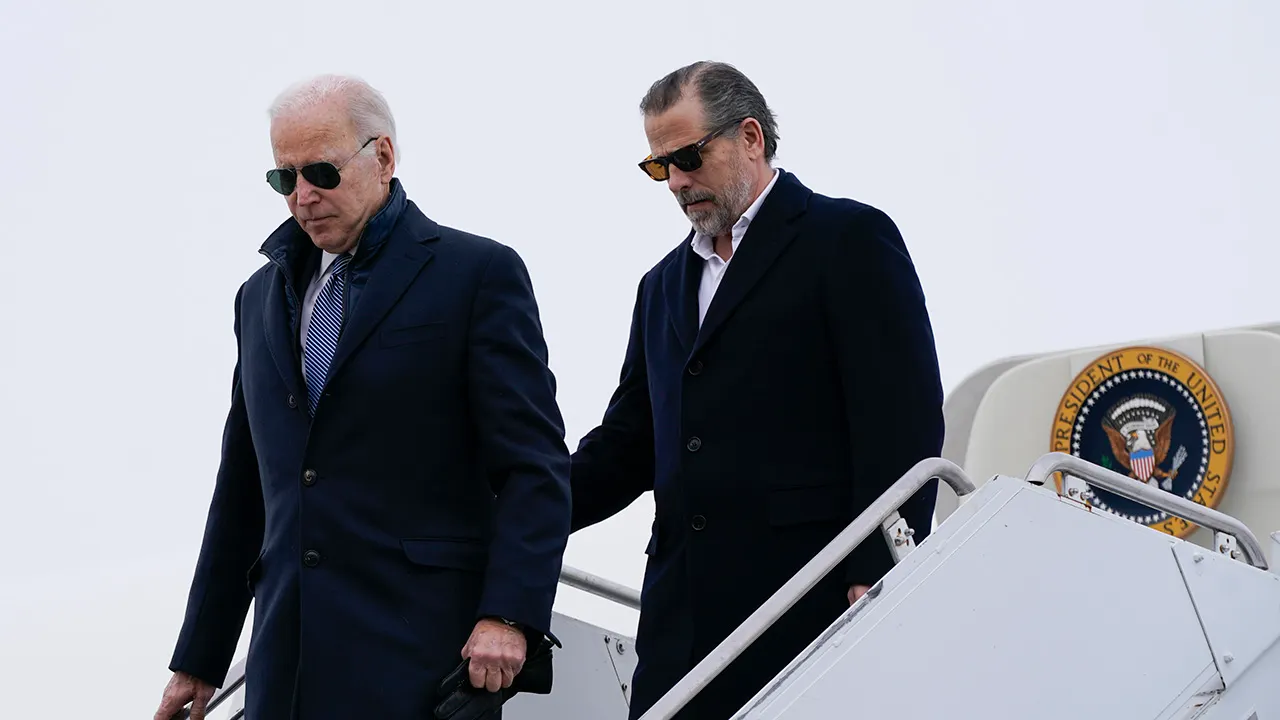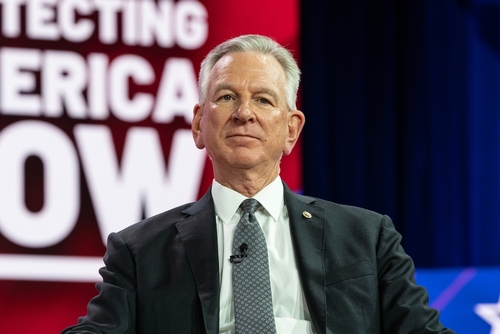Listen To Story Above
Last year, UC Santa Barbara sought to fill a high-ranking DEI position, offering an annual salary ranging from $250,000 to $430,000 for the role of Vice Chancellor for Diversity, Equity, and Inclusion.
According to the job listing, the successful candidate would serve as a strategic advisor and champion diversity initiatives on campus. “The incoming VCDEI will be a proactive strategic thinker who will help shape the future of one of the nation’s premier public universities,” the description read. “As a lead strategic advisor, the VCDEI will serve as an advocate for diversity, equity, and inclusion efforts on campus by expanding the current operations of the office and further aligning resources, conversations, and partnerships throughout the university.”
💰UC Santa Barbara offered over $400k in salary for DEI administrator role
Ohio State University has spent $13 million in recent years on approximately 200 DEI staffers.
University of Virginia spends $20 million annually on DEI employeeshttps://t.co/2dwdQQHVzO— DailyJobCuts . com – Layoffs / Job / Economy News (@dailyjobcuts) January 5, 2025
The position required candidates to take charge of expanding DEI operations and fostering partnerships across the university community. The university emphasized specific qualifications in their posting: “The successful candidate will have relevant administrative experience in the academic community and a strong record of scholarship that bears out a keen understanding of issues inherent to inclusion, equity, and diversity within a complex institutional setting.”
Candidates needed to possess a doctoral degree or equivalent qualification, demonstrate scholarly achievements at the tenured faculty level, and showcase 3-5 years of progressive leadership in implementing DEI programs within academic environments.
In early December, the university appointed Jeffrey Stewart to the position of vice chairman of DEI.
UC Santa Barbara Offered over $400k Salary for DEI Role https://t.co/lNl36efHEy
— RealClearEducation (@RealClearEd) January 3, 2025
This appointment reflects a broader trend in higher education institutions’ investment in DEI initiatives, despite public debate surrounding these programs. For example, Ohio State University has invested $13 million to maintain approximately 200 DEI staff positions.
Further illustrating this trend, a report from Open the Books revealed that the University of Virginia allocates $20 million yearly for DEI personnel.
These developments have sparked discussions about the role of DEI in higher education and its impact on academic institutions, leading some to question traditional approaches to college education and express concerns about the implementation of these programs.






